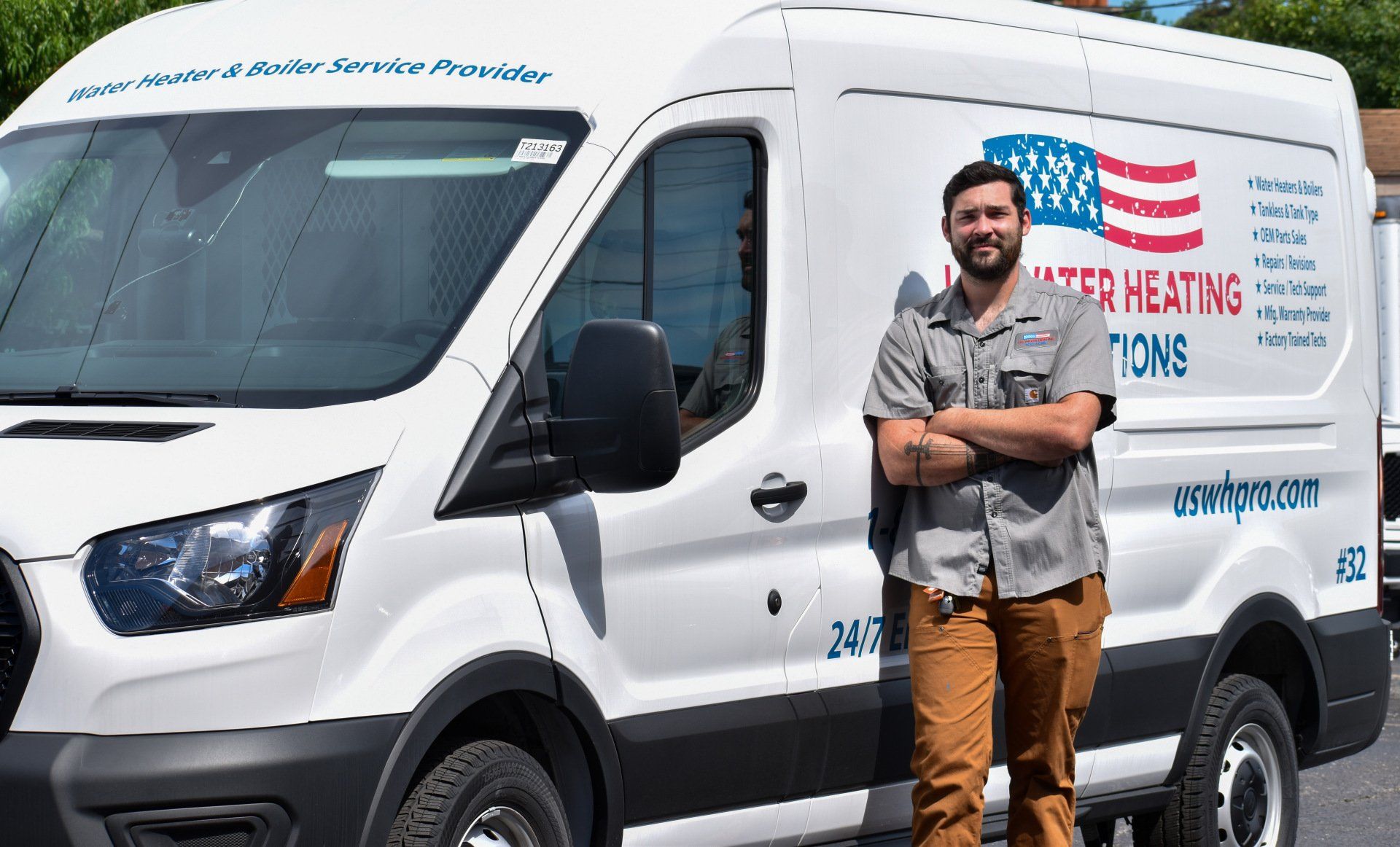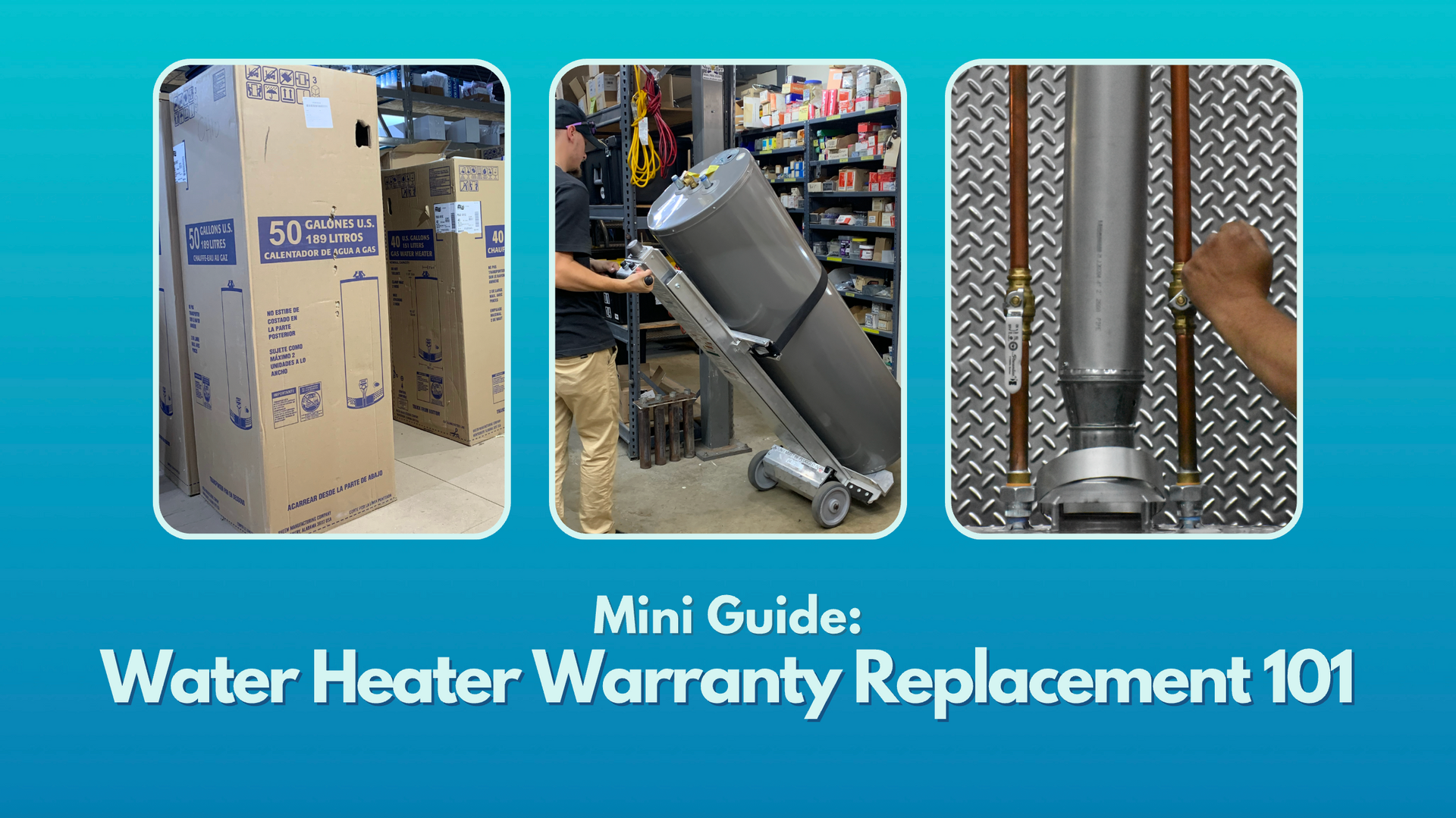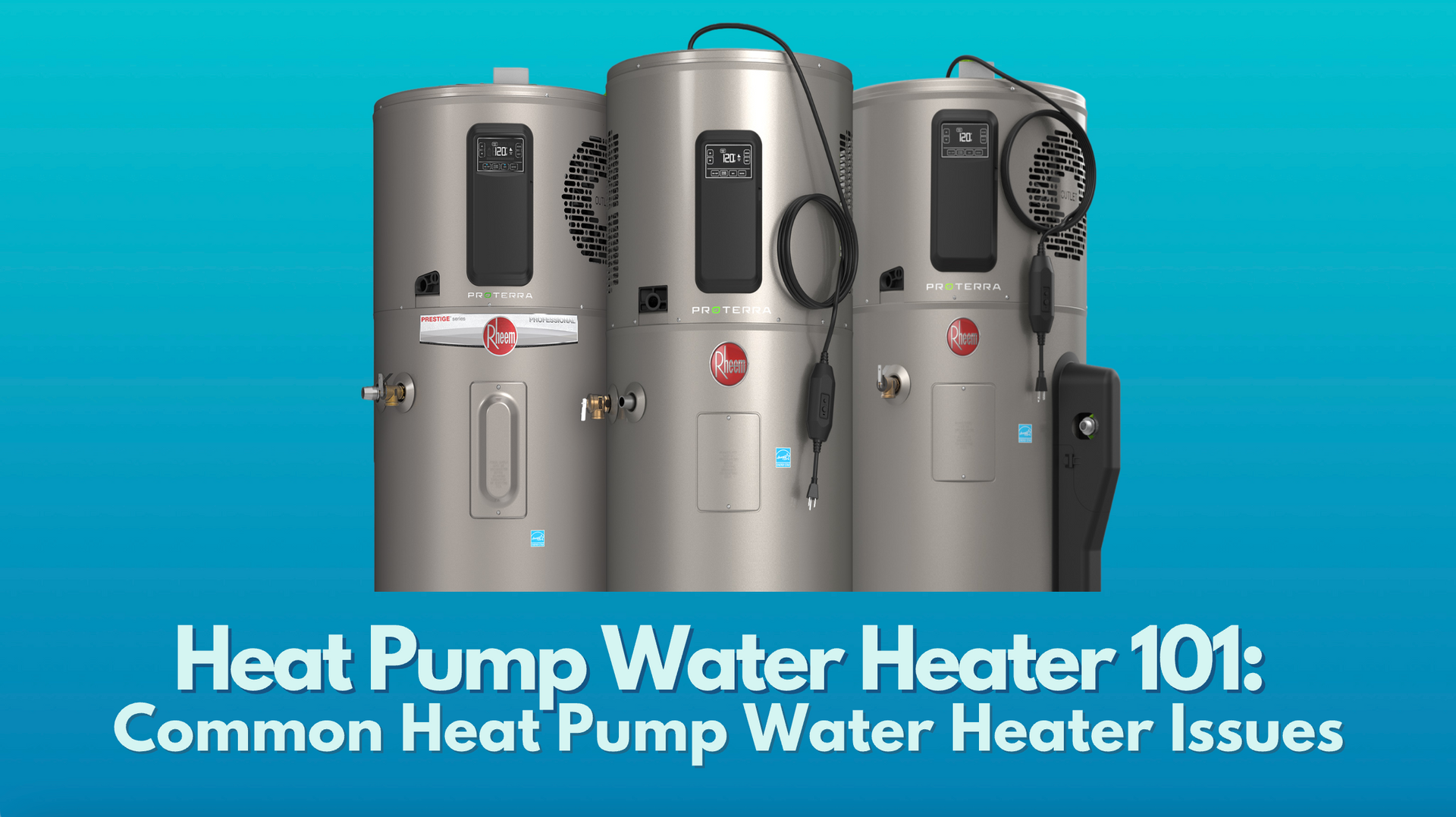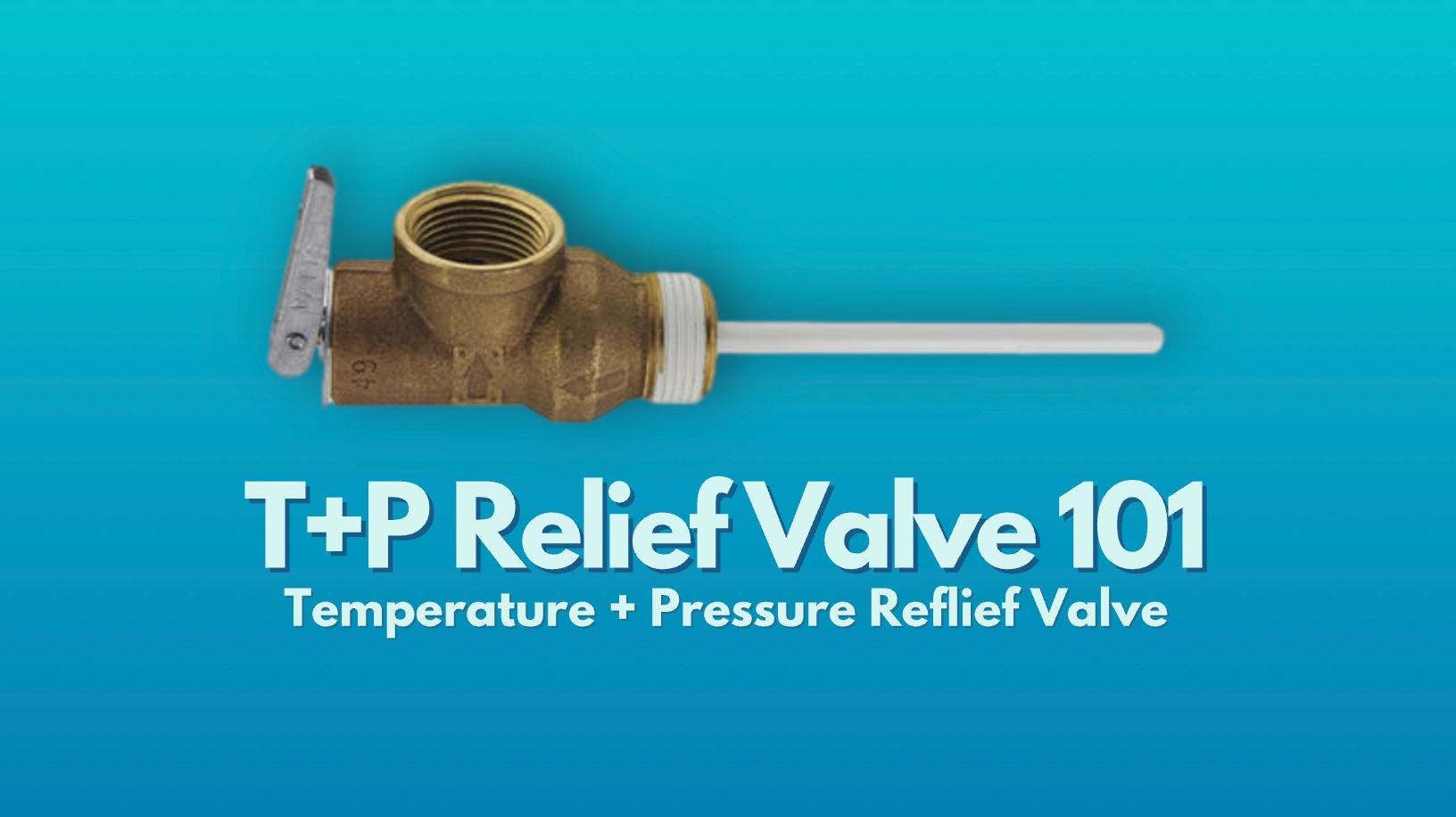Solar Water Heaters: Shining Light on the Future of Water Heating Technology
Solar Energy
The sun continuously produces 173,000 terawatts of solar energy on Earth, which is 10,000 times more energy than is currently being used at any given moment.
To put it into perspective,
one terawatt equals 1,000,000,000 kilowatt-hours (kWh). The average water heater runs on 1125 watts.
173,000 terawatts = 173,000,000,000,000 kWh
That’s a lot of renewable energy available to us for almost nothing, especially compared to the cost of generating gas power or electricity.
While scientists and water heater manufacturers are working to harness this free, natural energy to heat water in a cost effective, we still have a long way to go before we see a solar water heater in most American homes.

Solar Water Heaters
Solar water heaters use collectors to gather energy from the sun to heat water in a storage tank then transport it through a home’s plumbing system.
Solar water heaters have a backup energy source for when there isn’t enough solar energy stored to keep up with the hot water demand.
A solar hot water heater receives a Solar Energy Factor (SEF) that determines its efficiency on s scale from 1 - 11 with 11 being the most efficient unit.
In addition to the backup fuel source, the type of solar hot water system you install will determine the SEF of the unit.
Interested in an alternative option for energy efficient water heating outside of solar energy? Learn more about heat pump water heaters!
Types of Water Heaters

Active Water Heaters
Active water heaters use circulating pumps to move the water through the collectors, which sets them apart from passive units that don’t require a pump.
Direct Circulation
Water flows through flat plate collectors and into the household. This setup works well in areas with warm climates, but there is no freeze protection.
Indirect Circulation
Indirect circulation pumps non-freezing heat-transfer fluid through flat plate collectors and then a heat exchanger where the water is heated then transported throughout the home.
Passive Water Heaters
Passive water heaters don’t use circulating pumps. Passive solar water heaters don’t cost as much, last longer, and produce water more dependably, but they aren’t as efficient as active systems.
Integral Collector-Storage Passive Systems
Reflective material encourages the sun to heat the water in a storage tank on the roof or attic of the house before sending the water into the open loop plumbing system (not compatible with closed loop systems). This type of solar water heater works best in moderate and warm climates.
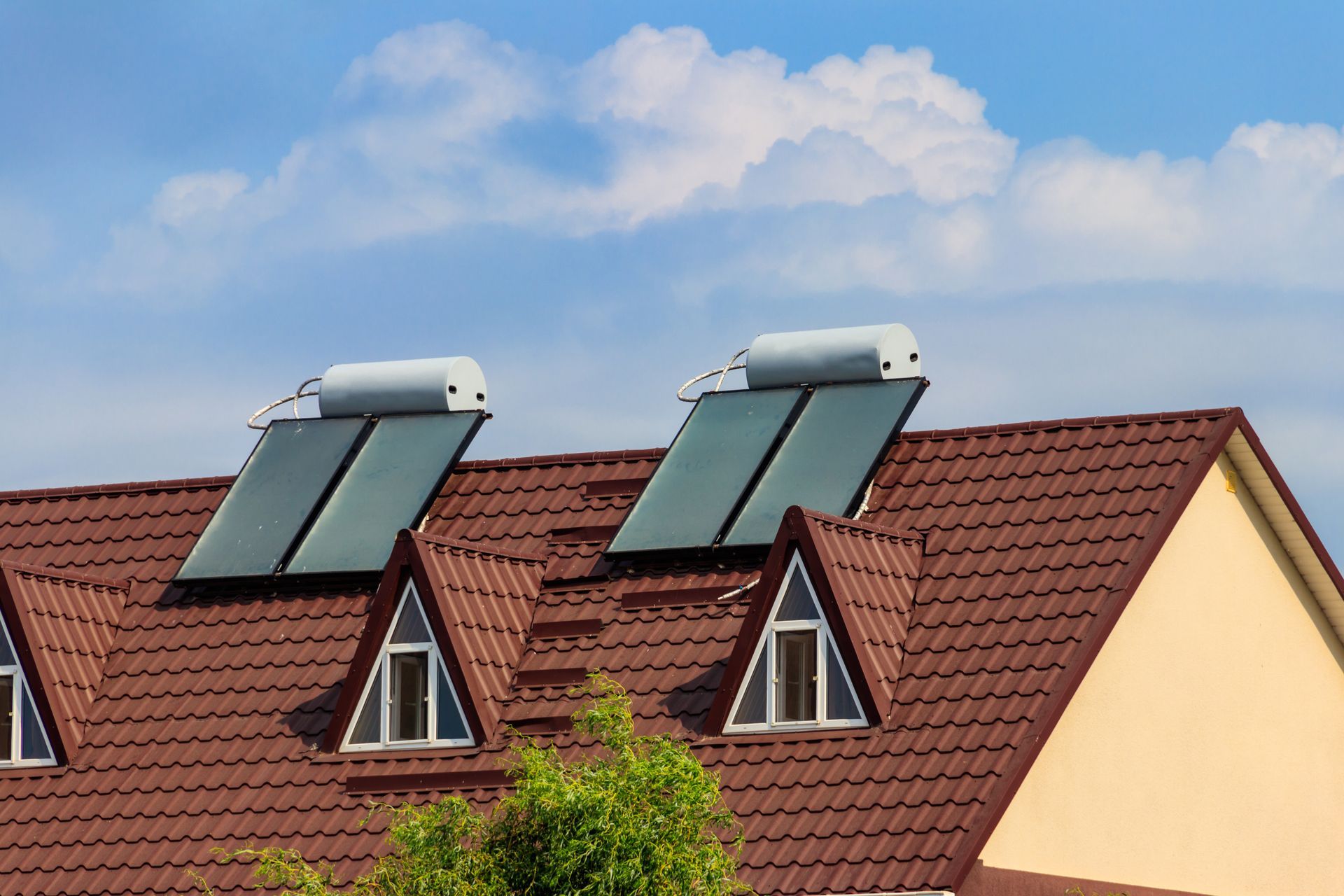
Thermosyphon Systems
Thermosyphon systems consist of a storage tank collector in the attic and an additional traditional water heater to act as backup when the solar storage tank becomes empty.
Solar Water Heaters Not So Hot With American Consumers
In Israel, 85% of households receive hot water from “sun boilers” that run off of solar energy. However, less than 1% of American households currently use solar water heaters with most households opting for a conventional water heater powered by natural gas.
Why haven’t Americans warmed up to solar water heaters?
For starters, solar water heaters still cost a lot of money. The average solar water heater sold through the CSI-T program in California comes to $7,450. Many people don’t want to make the investment, especially when other countries make the technology more accessible.
Part of the increased cost comes from the fact that homeowners can’t simply call a plumber or hardware store to buy a solar water heater. Solar water heaters currently require specialized companies to install them, increasing cost and decreasing convenience.
There’s also a lack of understanding and fear of solar technology in moderate climates that hinders people from preparing for the change.
While we learn how to implement this technology of the future into today’s households, learn more about solar water heaters for when they become more readily available.
The Value of Solar Water Heating Systems
The initial investment can generate a return after months and years of lower utility bills (it’s estimated that solar water heaters currently cut down on energy costs by up to 70%, but the outcome depends on numerous factors.
In order to ascertain whether you will see a return after investing in a solar water heating system, you need to consider:
- Solar Energy Factor (SEF)
- Water usage
- Time at house after solar installation
These factors will work together to help you determine if solar water heating is right for your household when it becomes more readily available.
Finally, to add to the complex calculations, you need to consider any rebates or tax deductions you can get for the upgrade from traditional water heating systems to solar water heating systems.
Misconceptions About Solar Water Heaters
There are a number of misconceptions about solar energy that, in some cases, contribute to the lack of popularity regarding solar water heaters.
Misconception #1: Solar Water Heaters Only Work in Sunny Locations
Many people in moderate climates question the effectiveness of solar water heating technology without constant sunlight.
Luckily, solar water heaters will still work through cloudy days, albeit not quite as efficiently, as long as the solar collectors are placed properly. The unit may relay on the backup fuel more than units in sunny areas, but your water heater will still run mostly on solar energy.
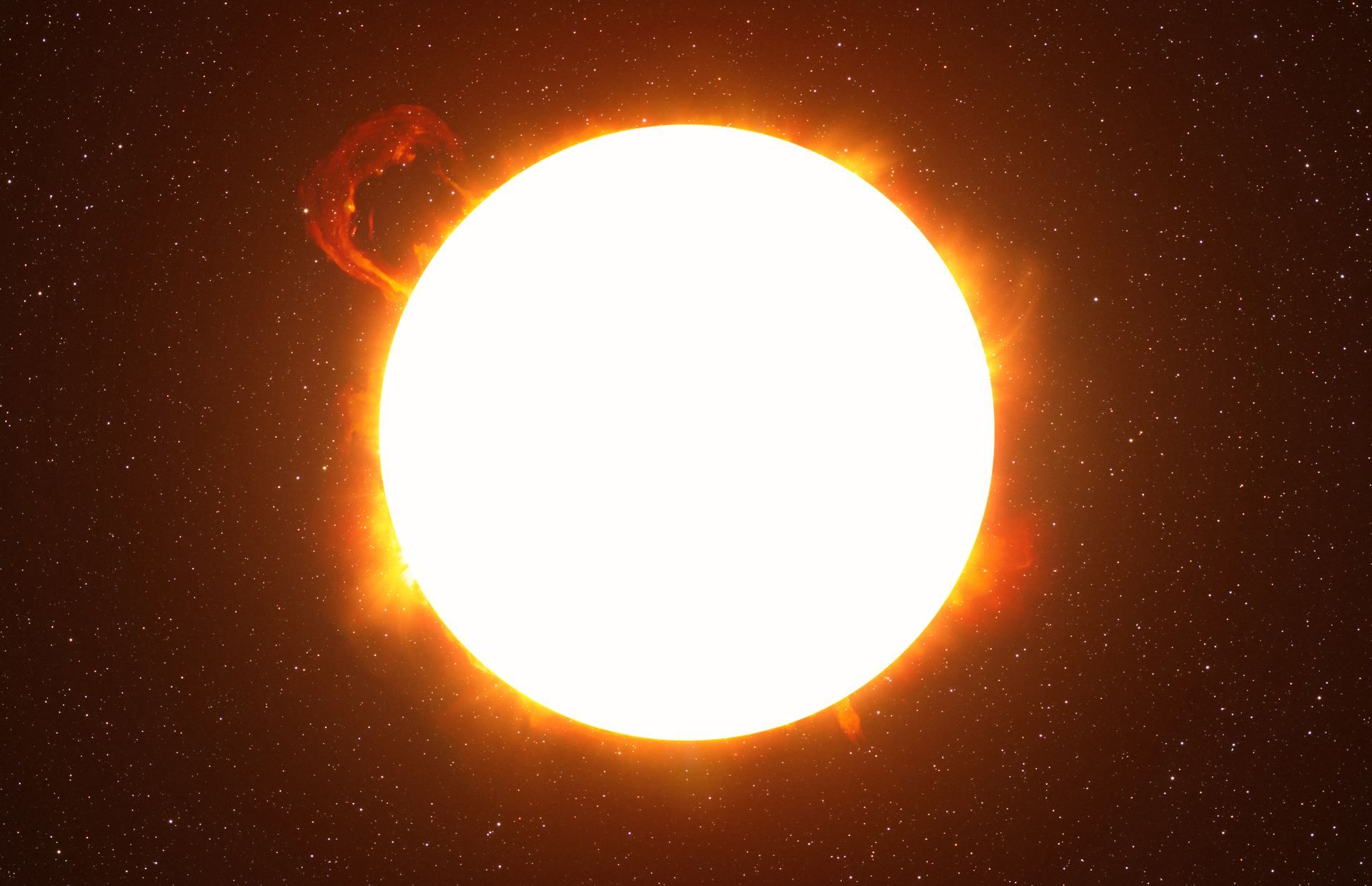
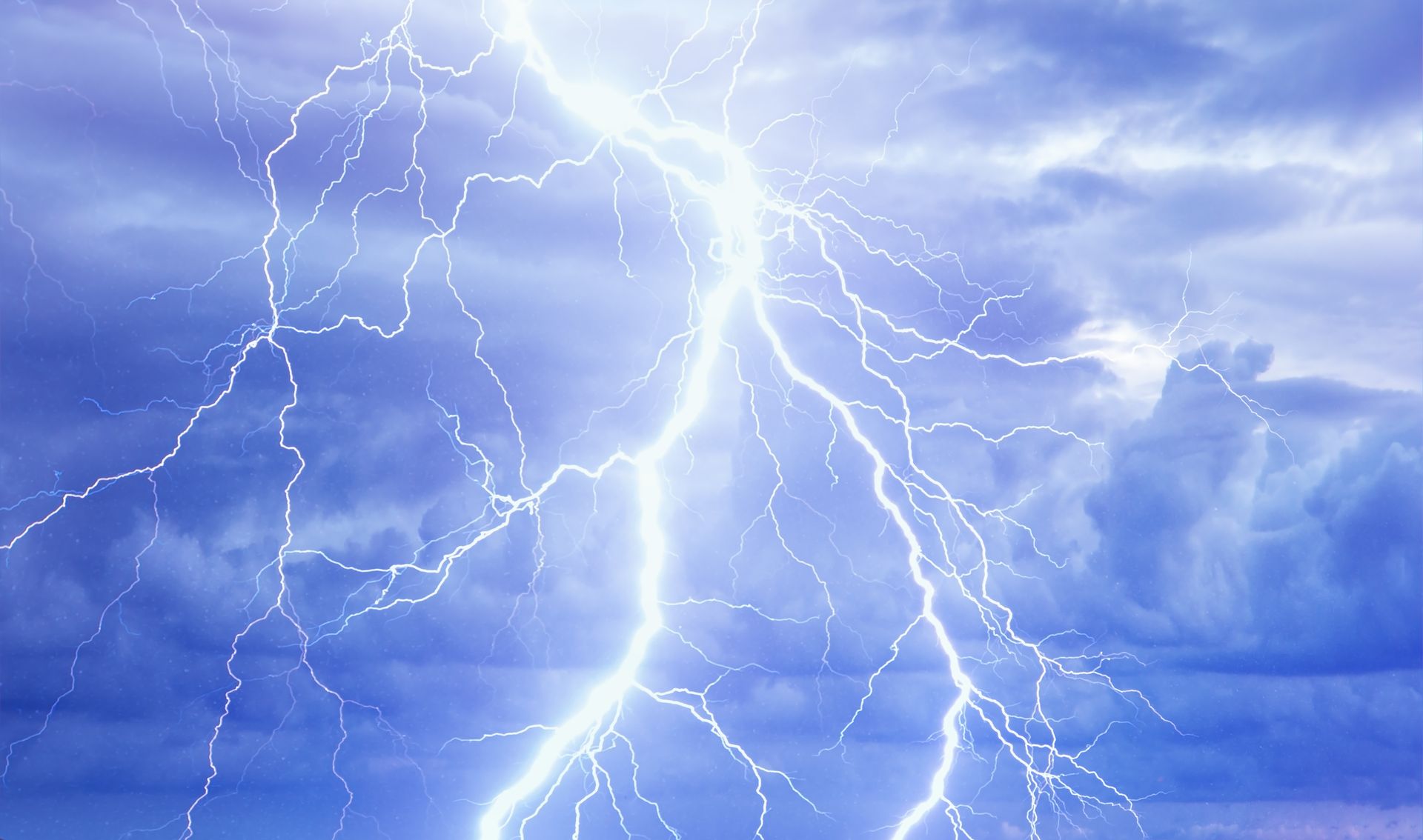
Misconception #2: Solar Water Heater Transform Sunlight Into Electricity
People assume that solar power works by transforming sunlight directly into electricity. In some cases, such as solar photovoltaic (PV) systems, that’s true.
However, solar water heaters use solar thermal systems which collect solar energy as heat and use that energy to heat the water.
Not Ready to make the switch to solar yet?
Contact U.S. Water Heating Solutions for assistance with your gas water heater, electric water heater, or heat pump water heater.
We offer residential and commercial water heater services in 16+ states for all major water heater brands.
Water heater services include:
- water heater repair
- water heater installation
- water heater maintenance
- warranty service
Call 833-876-4776 today to ask about energy efficient models that rival solar water heaters!
